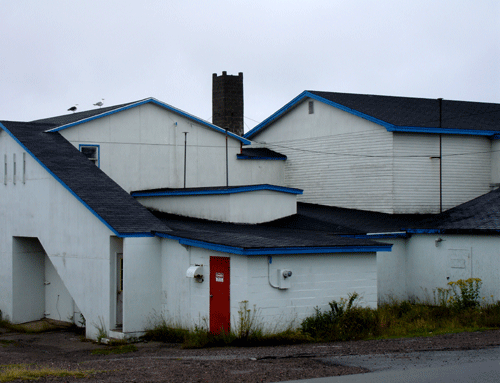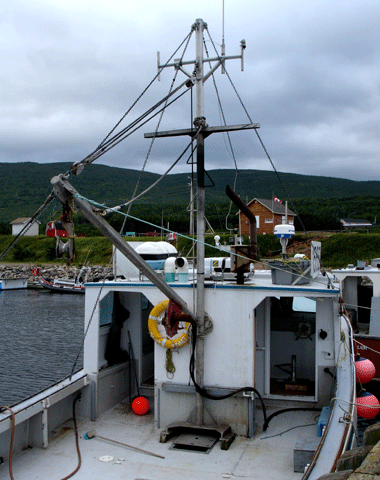
Tales of a 21st Century Gypsy
July 29, 2006. Ethnic Identity
Visiting the Maritimes raised a lot of questions about ethnic identity and the meaning of distinct cultures within a larger community. After enjoying Le Grand Cercle and having a good time chatting with Edna in the artisans’ coop, I asked a few other people about what l’Acadie means to people in this area. A man in the laundromat seemed to feel it was mixed in importance. He’s Acadian, but left as a youngster and has lived his life elsewhere. He speaks French, and returns for a month each summer, but doesn’t seem interested in moving back. The kids in the show, he said, were really into l’Acadie, but of course
they don’t live here any more They are in university in other parts of the province or the country, and come back to do this show. As for other kids in the area – well, there are no jobs in Chéticamp. They go out west to Alberta, that’s where the money and the jobs are in Canada. As for those in town, the fisherman work in the summer, and collect unemployment in the winter. They don’t plan for the future, he said – no savings or concern about how they’re going to live when they can’t fish any more.
At the gas station I ran into one of the women I’d chatted with at the show. Chéticamp is a small town – two days there, and I was running into people I knew, and who knew me. I asked her and her husband, the mechanic at the gas station, about l’Acadie. They said people are serious about it, it really matters to them. True, the young folks go away for jobs, but they come

